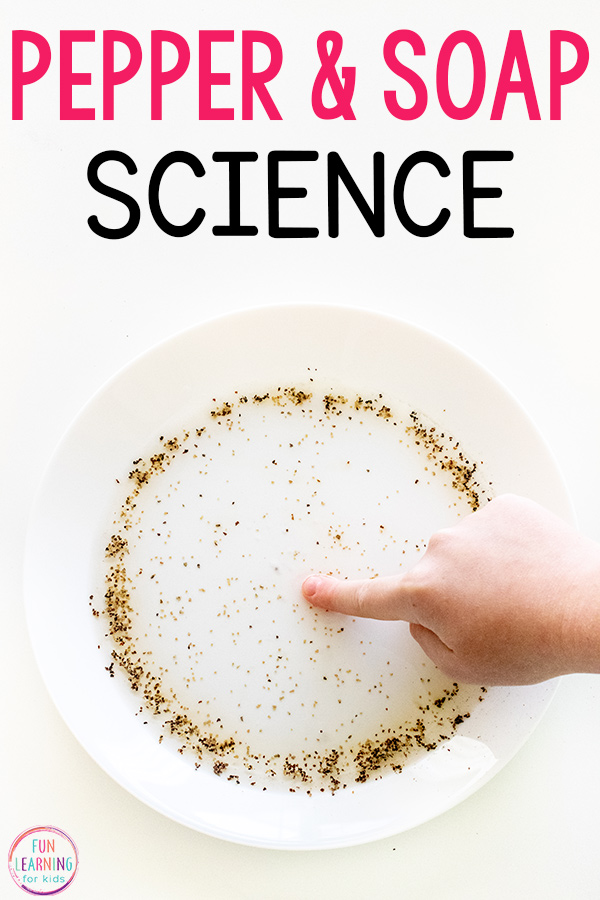The Definitive Guide to Apollo 11 Science Experiments - Lunar and Planetary Institute

About Experiment Definition & Meaning - Dictionary.com

Antoine Lavoisier (17431794), a French chemist, used experiment to explain new locations, such as combustion and biochemistry and to develop the theory of conservation of mass (matter). Louis Pasteur (18221895) used the clinical technique to disprove the prevailing theory of spontaneous generation and to develop the bacterium theory of disease.
A substantial quantity of progress on the design and analysis of experiments happened in the early 20th century, with contributions from statisticians such as Ronald Fisher (18901962), Jerzy Neyman (18941981), Oscar Kempthorne (19192000), Gertrude Mary Cox (19001978), and William Gemmell Cochran (19091980), amongst others. Kinds of experiments [modify] Experiments might be categorized according to a number of measurements, depending upon professional norms and requirements in various disciplines.

The Experimental Group in Psychology Experiments
g., psychology or political science), a 'true experiment' is an approach of social research in which there are two kinds of variables. Check it Out is controlled by the experimenter, and the reliant variable is measured. The symbolizing characteristic of a true experiment is that it randomly designates the topics to reduce the effects of experimenter predisposition, and makes sure, over a a great deal of iterations of the experiment, that it manages for all confounding aspects.

21 SEO Experiments + Their Surprising Test Results (2021 Update)
experiment - Longman Dictionary Can Be Fun For Everyone
These goals likewise relate differently to validity issues. Controlled experiments [edit] A controlled experiment frequently compares the outcomes gotten from experimental samples against control samples, which are almost identical to the speculative sample other than for the one element whose effect is being evaluated (the independent variable). A fine example would be a drug trial.

Science experiment takes an unexpected turn - The Boston Globe
In numerous laboratory experiments it is excellent practice to have a number of replicate samples for the test being performed and have both a favorable control and a negative control. The arise from reproduce samples can frequently be balanced, or if among the replicates is clearly irregular with the outcomes from the other samples, it can be discarded as being the outcome of an experimental mistake (some action of the test treatment might have been incorrectly omitted for that sample).
A favorable control is a procedure comparable to the actual speculative test but is known from previous experience to offer a favorable result. An unfavorable control is known to give a negative outcome. The positive control verifies that the fundamental conditions of the experiment were able to produce a positive outcome, even if none of the real speculative samples produce a favorable result.
